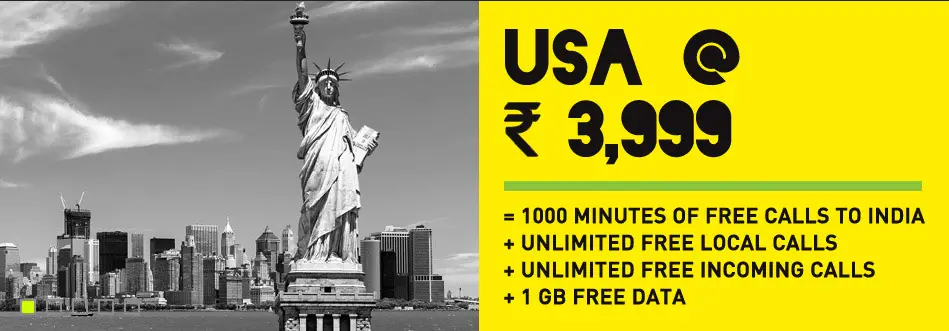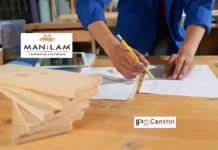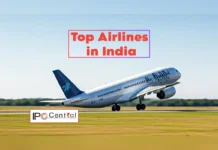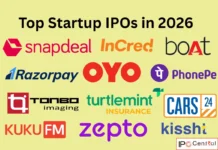 Matrix Cellular International Services Pvt Ltd has filed draft red herring prospectus (DRHP) with the capital market regulator SEBI for its initial public offering (IPO). The New Delhi-based company offers international SIM cards that reduce international roaming charges. The issue will be managed by IIFL Holdings Limited and Religare Capital Markets Limited.
Matrix Cellular International Services Pvt Ltd has filed draft red herring prospectus (DRHP) with the capital market regulator SEBI for its initial public offering (IPO). The New Delhi-based company offers international SIM cards that reduce international roaming charges. The issue will be managed by IIFL Holdings Limited and Religare Capital Markets Limited.
In its draft prospectus filed with the regulator, Matrix Cellular said the IPO will include 1.51 crore shares from promoters and existing shareholders. Of the total, 75% shares have been reserved for qualified institutional buyers (QIBs) while Non-Institutional and Retail investors will be allotted 15% and 10% shares respectively. Since there are no fresh shares involved, the company will not receive any funds from the offer. The offer will constitute 36.1% of the post-offer paid-up equity share capital of Matrix Cellular.
The biggest chunk of the shares on offer is from CX Partners’ subsidiary Aleta Private Limited which plans to sell 1.23 crore shares. Aleta Private Limited holds 1.59 crore shares in the company, amounting to 37.8% stake. AAJV Investment Trust will be selling 2.49 lakh shares from the 3.2 lakh shares it holds in the company. Nearly 25.6 lakh shares will be offered by promoters Gagan Deep Singh Dugal, Manjit Singh Dugal and Urvashi Kaur. Combined holding of promoters in the company is currently at 61.4%.
Read Also: CX Partners-backed Matrix Cellular to approach SEBI for INR500 crore IPOMatrix Cellular promoters tried to sell majority stake back in 2013 as well but the plan was eventually shelved as the promoters were unable to find a suitable buyer. Interestingly, Matrix Cellular’s valuation is still likely to hover around INR1,200 crore – indicating no change from the last time when it tried to sell majority stake to a strategic partner last time. The company’s business model primarily revolves around the growing trend of people travelling overseas. According to some estimates, nearly 1.5 crore tourists go for outbound travel from India every year. Since the roaming charges of native mobile operators are quite high, short term international calling cards come handy. This trend of more Indians going for international travel is unlikely to abate any time soon and thus, prospects of calling cards industry remain bright. While Matrix operates in a growing business, it faces immense competition from established telecom service providers. At the same time, technology advancements and smartphone penetration has given more options to overseas travelers.

































